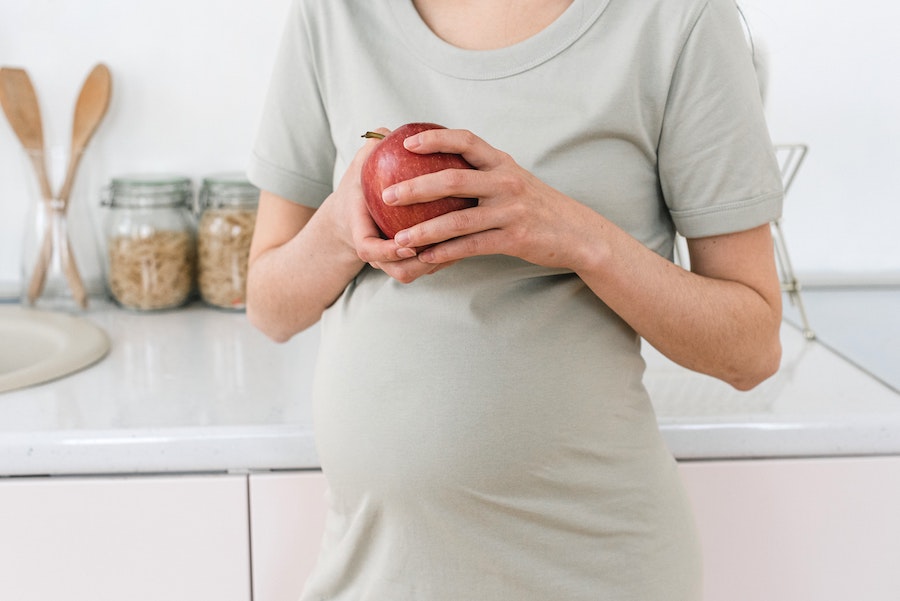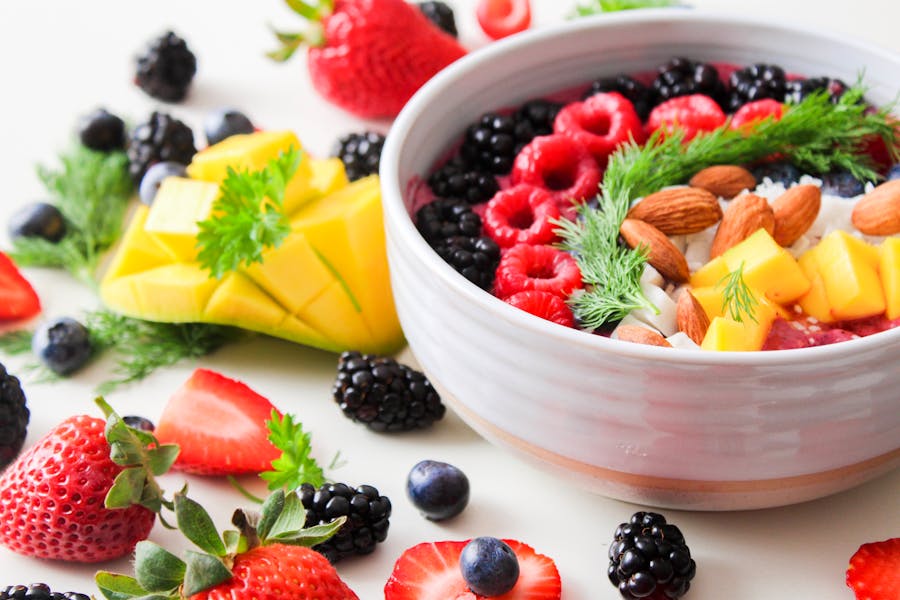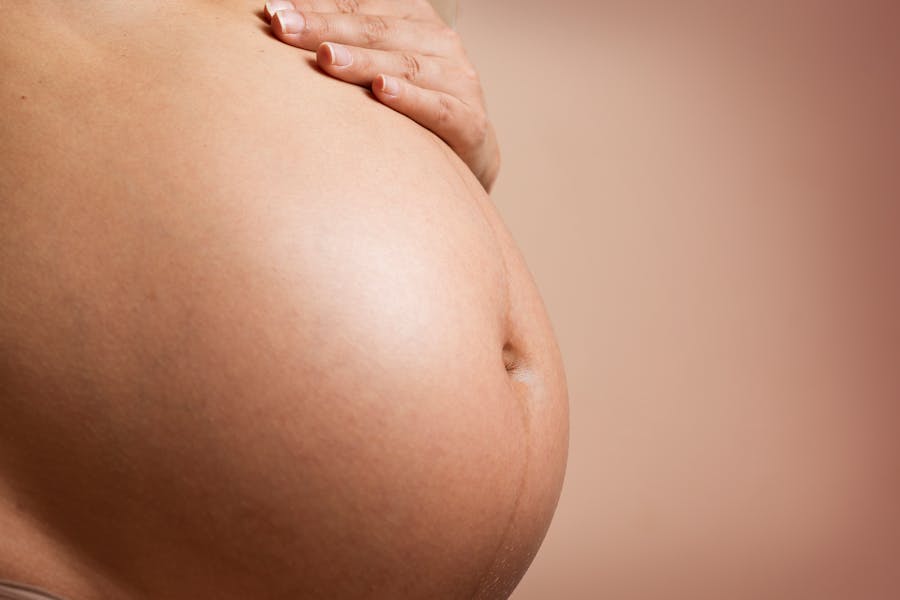Ever heard the phrase “you are what you eat?” It’s not too far from the truth! Maintaining a well-balanced diet is always essential to your health; proper nutrition is necessary to stay energized, keep your immune systems strong to fight diseases, and live a long, healthy life. It’s even more critical when you’re pregnant and “eating for two.” Ensure you’re taking in the right amount of nutrients – more than you needed before pregnancy – so that your baby can get enough to develop healthily in utero.
Snack time is more important than ever during pregnancy, not just because you’re dealing with some wacky cravings, but because it is a great way to sneak in nutrition. Below, we’ll go over some nutrition guidelines and help you determine which foods to eat and which to avoid, and share some healthy snack suggestions.
The importance of nutrition during pregnancy
As we said, making sure you’re eating healthy and providing both you and your developing baby with proper nutrients is one of the most critical factors in pregnancy.
John Hopkins medicine says that to ensure a smooth, healthy pregnancy, you should consume an additional 300 calories more than you did before pregnancy. Those extra calories should come from healthy foods like protein, fruits, vegetables, and whole grains, providing balanced nutrition.
The extra calories you consume while pregnant will help lead to the appropriate weight gain you and your baby need. Not only that but maintaining a well-balanced diet will even help curb some of those annoying pregnancy symptoms like nausea and constipation.
It’s also essential to ensure you’re getting all the right vitamins and minerals – if not from the food you eat, then from supplements. Of course, regular exercise and proper hydration are always recommended as well.
The best foods to eat while pregnant
You know you need to eat healthily; that’s a no-brainer. But what exactly does that mean? Here are some of the best foods to eat to promote healthy development during your pregnancy:
- Dairy products – extra calcium and protein are essential! Pack them in with snacks like Greek yogurt, 1% milk, and skim milk to boost your calcium, potassium, and vitamin A and D. A greek yogurt parfait can be a delicious snack that helps you reach your fruit quota for the day, as well.
- Broccoli and leafy vegetables like kale and spinach are perfect for nutrients and vitamins. Fiber, calcium, iron, potassium, and more. Carrots, sweet potatoes, pumpkin, tomatoes, and sweet peppers. A great salad can go a long way.
- Fruits – Fruits are a great source of potassium. Try out melons like cantaloupe and honeydew; mangoes; prunes; bananas; apricots; or citruses like oranges and grapefruit. Berries are also a great source of vitamins and fiber, and snacking on dried fruit can help contribute a lot to your vitamin and mineral intake. Fruit salad, anyone?
- Whole grains – get all the fiber you need with whole grains like oats, quinoa, brown rice, and barley. These can also help get you the B vitamins, fiber, and magnesium you need. Try out ready-to-eat or cooked cereals when you need some grains in a pinch. Overnight oats are one delicious way to go!
- Lean meat – Protein is essential for hair, skin, and muscle development. Lean beef, chicken, and pork can get you there and help with iron. Try out a tasty chicken salad or experiment with stir-fries to get a good mix of meats and veggies.
- Legumes – Vegan, anyone? That’s okay, there are still tons of ways to get protein, and legumes are one of the best. Lentils, chickpeas, beans, peas… the list of these protein-packed options is long. Chickpeas are the central ingredient of hummus, which pairs excellently with veggies for a perfect snack! They can make some seriously delicious vegan meals.
Foods to avoid during pregnancy
You likely know the basics to avoid when you’ve got a bun in the oven: alcohol, raw fish, and high amounts of caffeine. But to ensure you have all your bases covered, here’s a list of the foods you should stay away from:
- Lunchmeat and hot dogs
- Unpasteurized milk and milk products include soft cheeses like feta, queso Blanco, and brie (most of the time- if a label says “made with pasteurized milk, you’re in the clear!)
- Refrigerated smoked seafood
- High mercury fish like shark, swordfish, and tuna
- Raw or undercooked fish, eggs, or meat
- Too much caffeine – stay under 200mg a day!
- Raw sprouts like alfalfa, clover, radish, and mung bean may be contaminated with salmonella.
- Refrigerated meat spreads
You’re not expected to lead a perfect lifestyle while pregnant, including your diet. Making healthy choices is the best way to ensure your and your baby’s health both during and after pregnancy. Try to stick with the 80/20 rule and stay on track 80% of the time. This gives you the leeway to enjoy the remaining 20%. Keep your monthly checkups at your Ob/GYN to make sure you and your baby are on track. And remember, to pack in protein and nutrients, switch your bag of chips for a hummus platter with veggies. You’ll probably find it’s just as tasty and makes you feel great.




